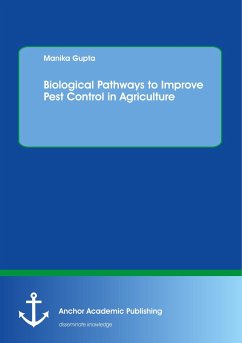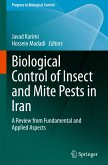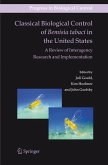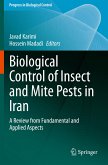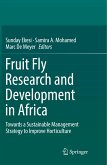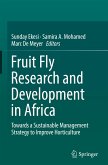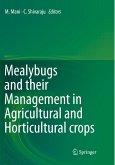India is especially suitable for agricultural products, its vast plains containing alluvial soil with rich natural contents. The major economy of India is based on agricultural products. The green revolution in India brought high hopes for Indian farmers. Several new scientific information helped crop production to grow by leaps and bounds: the more researches, the more intricacies. Further knowledge of pests makes scientists consider several new solutions. The use of chemicals was immediately adopted to decimate the population of pests and, at first, good results were obtained. But later on, harmful effects of the pesticides became known. It was realized later on that the regular use of chemicals in pesticides is extremely dangerous for human health.
Generally, chemical pesticides are used to curb the harmful effects of insects and pests. But the immediate gain of this process has an adverse effect on the environment in the long run. Regular use of chemicals leads to insecticide resistance. Then, biodiversity is distributed by pest resurgence and pesticide residues. So, the immediate gain of one generation creates serious problems for the next generation.
To sustain agriculture towards its natural mode some new solutions are to be traced. The solution to reduce pesticides is present in the preference for biological management. Predators and parasitoids may be used as natural enemies. In order to gain control over the thrips pests by less harmful means for the agricultural crops, more research work needs to be done. Certain other methods have to be explored in favour of the environment, biodiversity and other useful flora and fauna. We need to maintain the tritrophic interactions in which eating relationships between several species may be traced for biological control.
Generally, chemical pesticides are used to curb the harmful effects of insects and pests. But the immediate gain of this process has an adverse effect on the environment in the long run. Regular use of chemicals leads to insecticide resistance. Then, biodiversity is distributed by pest resurgence and pesticide residues. So, the immediate gain of one generation creates serious problems for the next generation.
To sustain agriculture towards its natural mode some new solutions are to be traced. The solution to reduce pesticides is present in the preference for biological management. Predators and parasitoids may be used as natural enemies. In order to gain control over the thrips pests by less harmful means for the agricultural crops, more research work needs to be done. Certain other methods have to be explored in favour of the environment, biodiversity and other useful flora and fauna. We need to maintain the tritrophic interactions in which eating relationships between several species may be traced for biological control.

